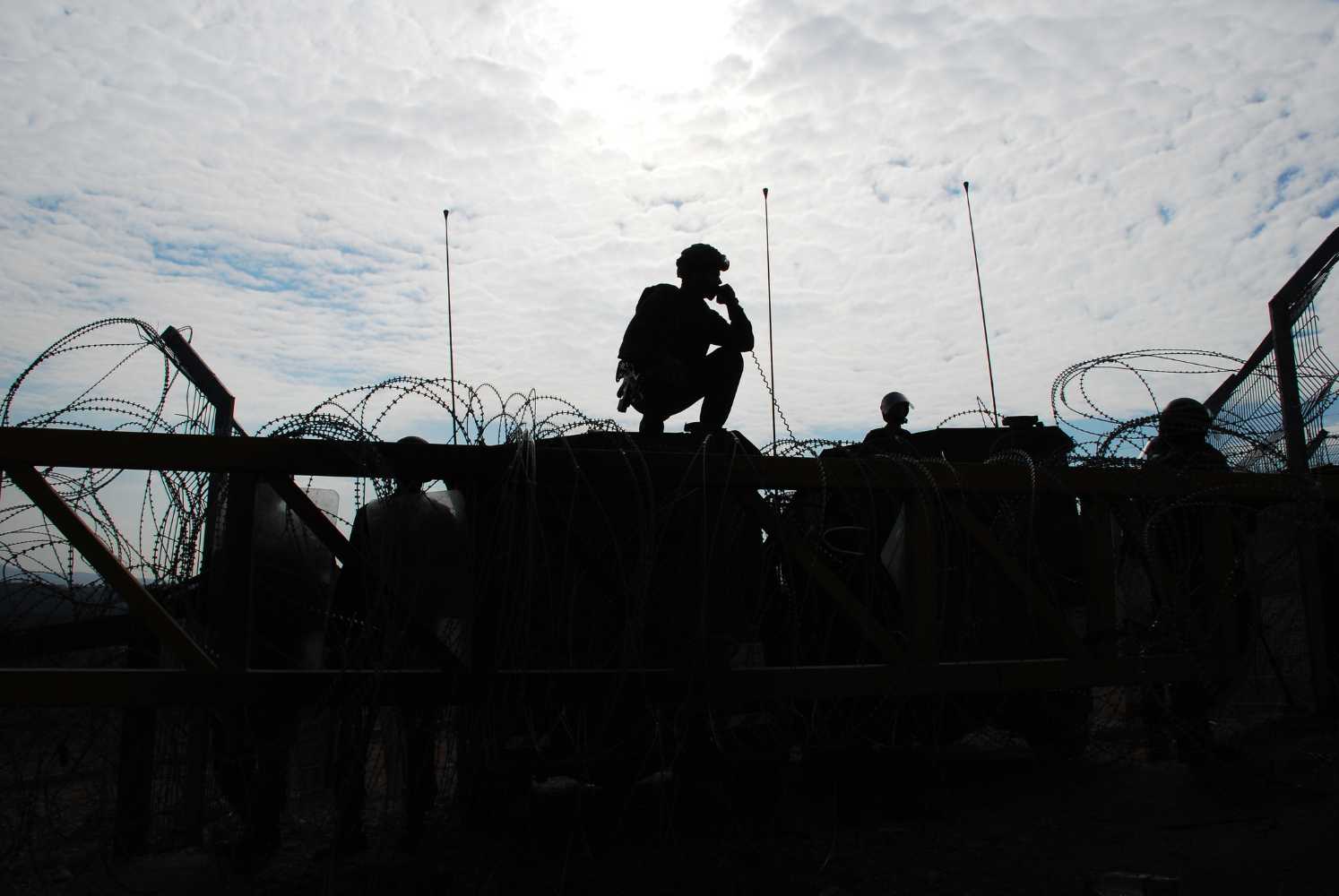
PRIO is proud to announce its partnership in a major new research initiative funded by the European Research Council (ERC). The project, The Waging of War (WoW), aims to fill a critical gap in our understanding of warfare – not its origins or endings, but how wars are actually fought.
Despite decades of research, we still know far less about wartime dynamics than about what causes or ends conflict. The Waging of War project addresses this gap by exploring how the organization of armed groups shapes battlefield conduct, and how warfare, in turn, transforms those organizations.
The project will be led by Research Professor Scott Gates who has been awarded the prestigious ERC Advanced Grant. Over the next five years, Gates, based at the University of Oslo and working at PRIO, will lead a team of 10 researchers. Among them are three PRIO Research Directors bringing deep expertise to the project:
- Marianne Dahl – expert in organizational cohesion
- Louise Olsson – expert on gender and conflict
- Siri Aas Rustad – expert on resources and conflict
"This project tackles one of the most overlooked aspects of war – how it is actually waged,” said PRIO Director Henrik Urdal. “We are delighted to contribute to cutting-edge research that will reshape how scholars and policymakers understand the dynamics of modern conflict.”
As one of Norway’s top five recipients of ERC grants, PRIO is proud to be part of this groundbreaking effort. The Waging of War project joins five other active ERC-funded projects at PRIO and two projects with PRIO participation.
ANTICIPATE: Anticipating the impact of armed conflict on human development (ERC Advanced Grant, 2022-2027), led by Håvard Hegre The interdisciplinary team of ANTICIPATE studies how armed conflict impacts various aspects of human development, taking local vulnerabilities into account, and expands the VIEWS early-warning system to also alert to the humanitarian impact of war.
AWAR: Adapted to War (ERC Starting Grant, 2021-2026), led by Henrikas Bartusevičius Have humans evolved psychological adaptations to war? AWAR posits that only evidence of special design can answer this, and presents an elaborate experimental programme of psychological lab experiments and surveys in 40 countries.
FUMI: Future Migration as Present Fact (ERC Consolidator Grant, 2018-2025), led by Jørgen Carling FUMI addresses the research question of how does migration that has not yet taken place shape the lives of individuals and the development of societies. The project is based on multiple forms of data collection among young adults in three West African cities.
MigrationRhythms: Migration rhythms in trajectories of upward social mobility in Asia (ERC Starting Grant, 2021-2026), led by Marta Bivand Erdal What is driving the tremendous middle-class expansion in Asia and how is it related to the unprecedented levels of migration there? To answer this, the project applies rhythmanalysis and uses a mixed-methods research design, including family history interviews and survey data from four Asian cities.
POLIMPACT: Enabling politically sensitive climate change impact assessments for the 21st century (ERC Advanced Grant, 2022-2027), led by Halvard Buhaug Scenarios used by the IPCC to assess climate change impacts by design assume that there will be no conflict or instability in the future. POLIMPACT develops and uses new political scenarios and to foster more realistic risk assessments.
Peace Dividends: led by Ismene Gizelis (University of Essex). The Peace Dividends and Post-conflict Reconstruction project examines peacekeeping dividends across a broad set of outcomes, evaluating policies that best leverage positive externalities of peacekeeping and if we can discern broader dividends on post-conflict reconstruction, including state-building. PRIO is a partner in the project, involving Research Director Louise Olsson.
EuroWARCHILD: led by Inger Skjelsbæk (University of Oslo). This project aims to study the experiences and needs of three generations of children born of war in Europe: children fathered by enemy soldiers during World War II, children conceived through conflict-related sexual violence during the Bosnian war, and children born of European foreign fighters to ISIS/Daesh. PRIO is a partner in the project, involving Deputy Director Torunn L. Tryggestad.





